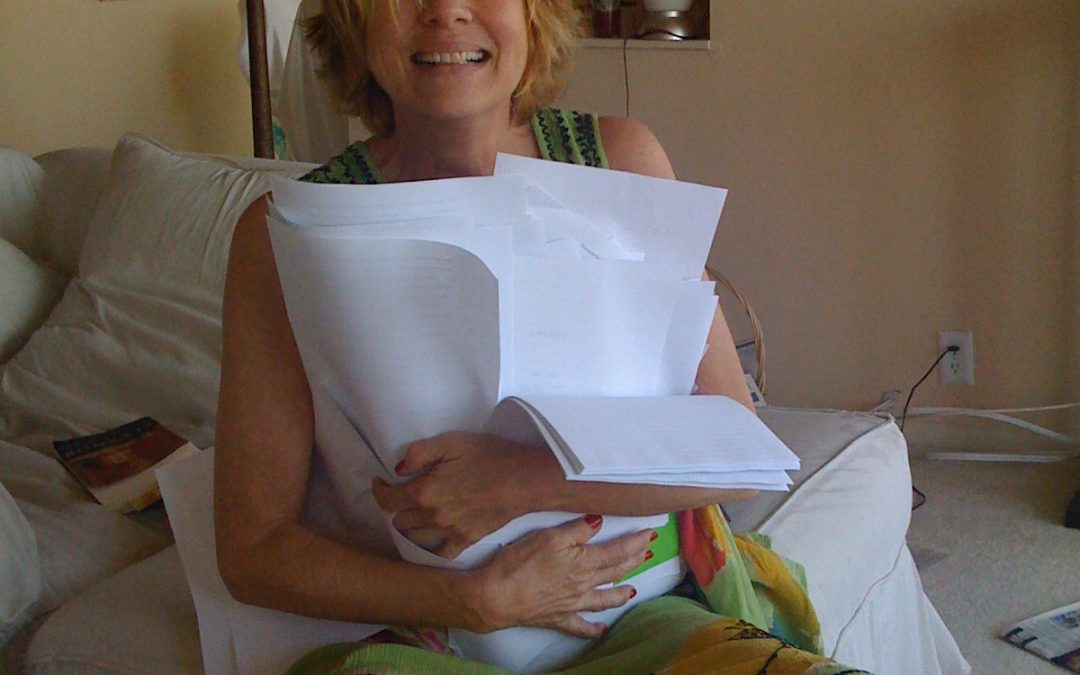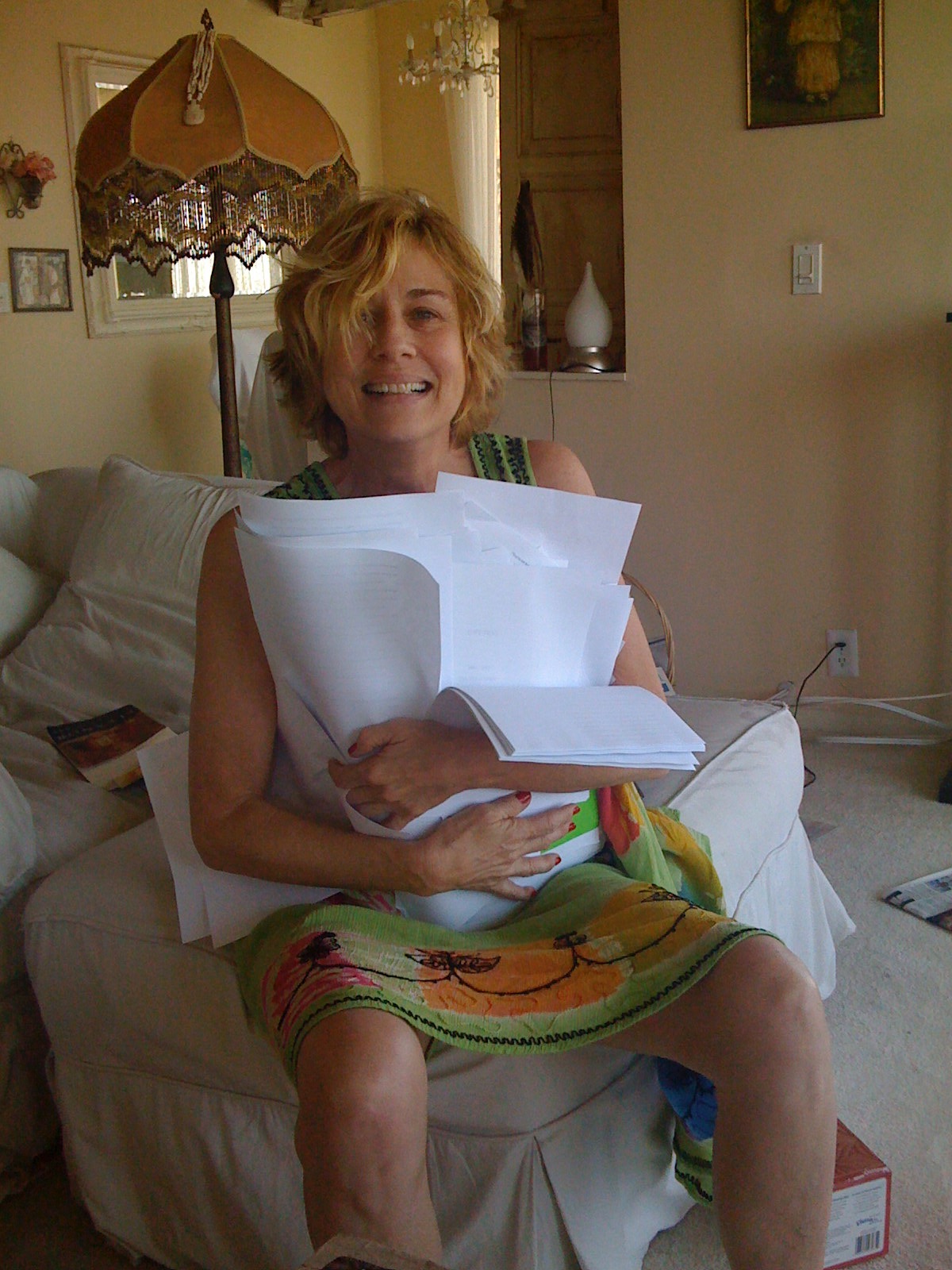I recently picked up a first draft of a book I was writing a while ago and decided to dig in and do another draft. But apparently my manuscript had other ideas. As I read the material through, I knew something was missing. It wasn’t hanging together properly, it didn’t sound like me, but I was stumped as to what was wrong and what I should do. Indignation rose up. This story was mine. I had created it, developed the characters, chosen a plot line, worked out the pacing, and now, I couldn’t figure out how to pick up where I left off. I just couldn’t get back in there.
I called a writer friend and told her, “I wrote the first draft and now, it’s as if the book has a life of its own. It decided all on its own that it’s just fine as it is, it needs nothing more from me, and I might as well back off. It won’t let me in.”
Has this ever happened to you? You pick up something you were working on, you’re eager to get started, but the words suddenly don’t make sense. The writing is flat. The whole thing feels alien and inspiration is a million miles away. What do you do?
Here are 6 suggestions to help you deal with this all too common occurrence.
1. Understand that this is par for the course and it requires patience. The more you fret and obsess, the less chance you have to create something wonderful.
2. Walk away and distract yourself for a while. Let the book roll around in your imagination. When I finish my writing for the day, I sit in my hot tub, relax, and let ideas flow into my brain. Then, when my mind feels softer and more malleable, I get back to it.
3. Read the material through a few times. No editing or self-criticizing. Step back, pretend it belongs to someone else, and just listen to the rhythm of the words.
4. Tell your inner critic to get lost. It’s just a bunch of noise and reprimands that offer nothing to your writing experience except unnecessary obstacles.
5. Consider the material piece by piece, paragraph by paragraph, until it starts to fall into a pattern.
6. Think about your writing strengths and weaknesses. Does the material bore you? If it does, how can you make it come alive? Have you utilized dialogue? Have you described the scenes in a way that sparks your reader’s senses?
If you try these things and exercise some patience, ideas will eventually come to you and you’ll find a jumping off point to get the story rolling again. Start a rewrite and see where it takes you. If your material still remains a world away, there is always tomorrow.



0 Comments